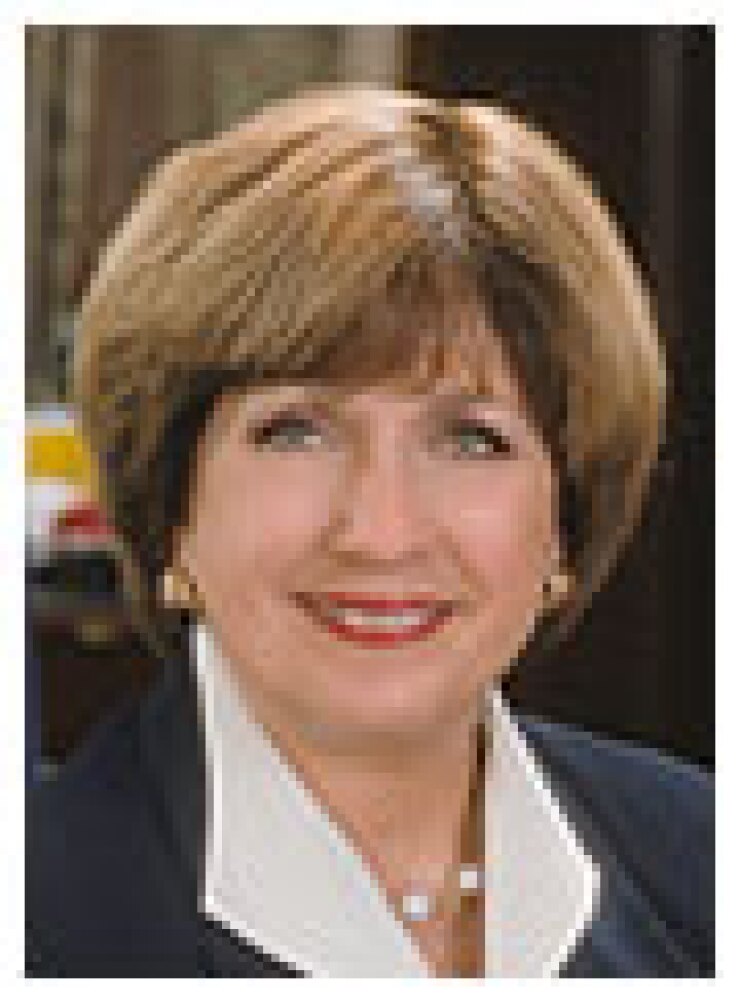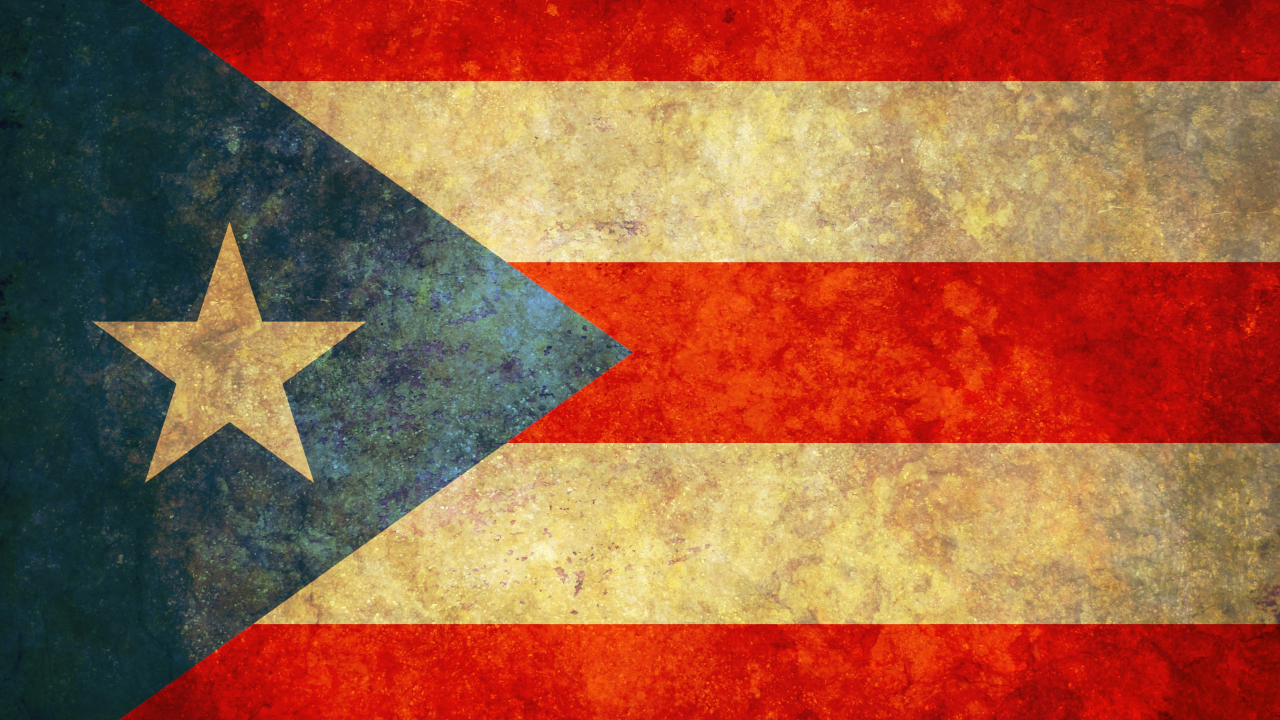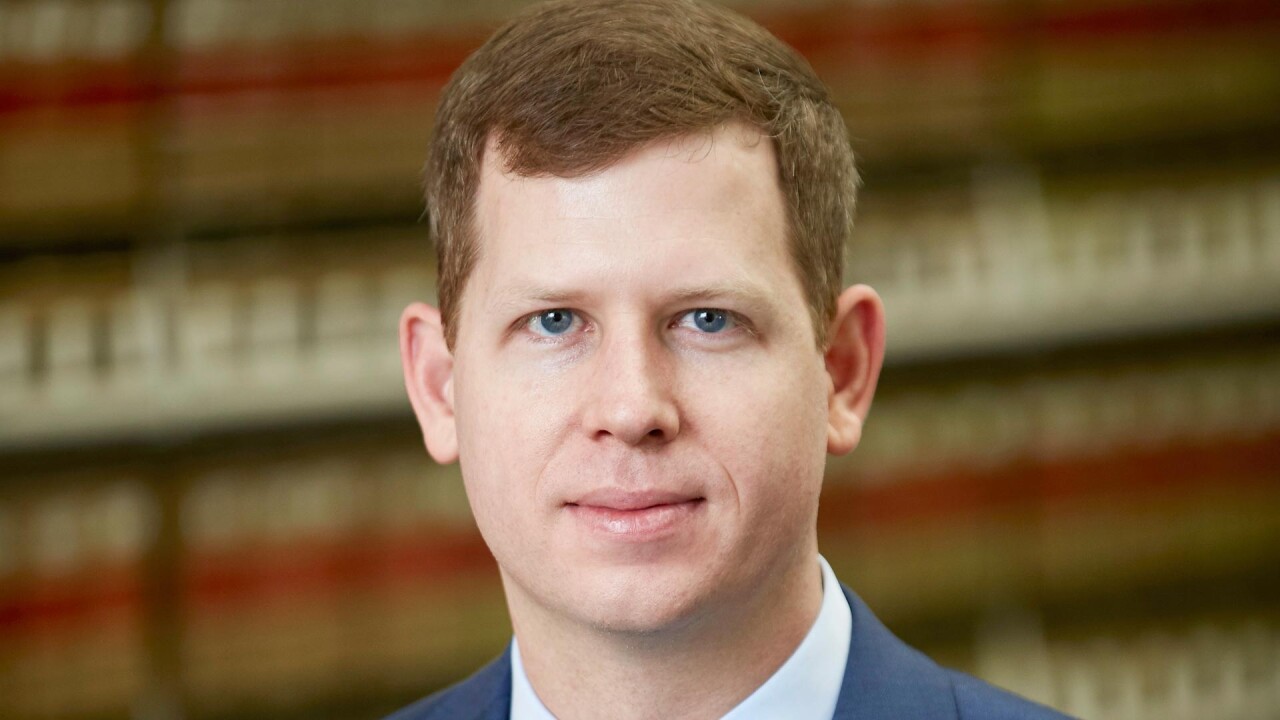
ATLANTA — Louisiana officials are mulling a proposal from Gov. Kathleen Blanco that could lead to the state securitizing the remainder of its tobacco settlement, using the money to help ease the higher insurance costs ratepayers are paying as a result of last year’s hurricanes.
However, the plan has come under fire because of an anticipated budgetary surplus and money already included in the budget for hurricane relief that could be used to fund the effort. Securitizing the remainder of the tobacco settlement was likened by one observer to selling your house to cover an expense when you have the money in the bank to take care of it. In 2001, the state became the first in the country to securitize its tobacco settlement, but it chose to securitize only 60% of it.
Blanco wants to provide one-time refund checks to people who’ve had to absorb a 15% one-time insurance assessment because of Hurricanes Katrina and Rita. Funds from the assessment are securing about $1 billion of debt sold earlier this year by the Louisiana Citizens Property and Insurance Corp., the state’s insurer of last resort. Proceeds are being used to help pay claims from the storms.
While observers say Blanco’s plan is well intentioned, there are concerns about what the state will do in the coming years as ratepayers continue to have to absorb increased assessments. Blanco has made it clear that these refund checks would be a one-time event.
Standard & Poor’s analyst Peter Murphy noted that from a credit standpoint, securitizing the remainder of the tobacco settlement would not have a great effect. In the same vein, he said the agency would need to assess any plan that called for one-time revenue to be used for a recurring event.
The cost of refunds to ratepayers under Blanco’s plan could cost at least $750 million. Louisiana Treasurer John Kennedy said that he’s run the numbers, and it appears the state could get about $1 billion from securitizing the rest of its settlement.
“I think everyone needs to slow down, stop, and take a good look at the rationale behind this plan,” Kennedy said. “I think it’s wrong to go about it this way, and we should look at doing something that is not as dramatic as selling the rest of our tobacco bonds. We shouldn’t do that unless it is absolutely and certainly needed.”
Kennedy noted that by the end of the month, the state’s revenue estimating committee is expected to meet, but already the numbers being bandied about suggest the surplus could be between $500 million and $1 billion. That coupled with about $150 million in the current budget should be enough to cover the refunds, he said.
Blanco’s plan would have to be approved by the Legislature, which can only pass it through a constitutional amendment. It would then need to be approved by a public vote.
Some lawmakers have also spoken out against the plan because they worry about issuing tobacco bonds to pay for it. But Blanco has garnered the support of others who say residents of the state are still struggling financially under the weight of last year’s unprecedented storms, so tough times call for tough decisions.
Kennedy pointed out that despite all the financial destruction, the state’s economy has rebounded, with collections in almost every major tax type being up. Those favorable numbers led all three major rating agencies to assign stable outlooks to the state. It is rated A by Fitch Ratings and Standard & Poor’s and A2 by Moody’s Investors Service.





